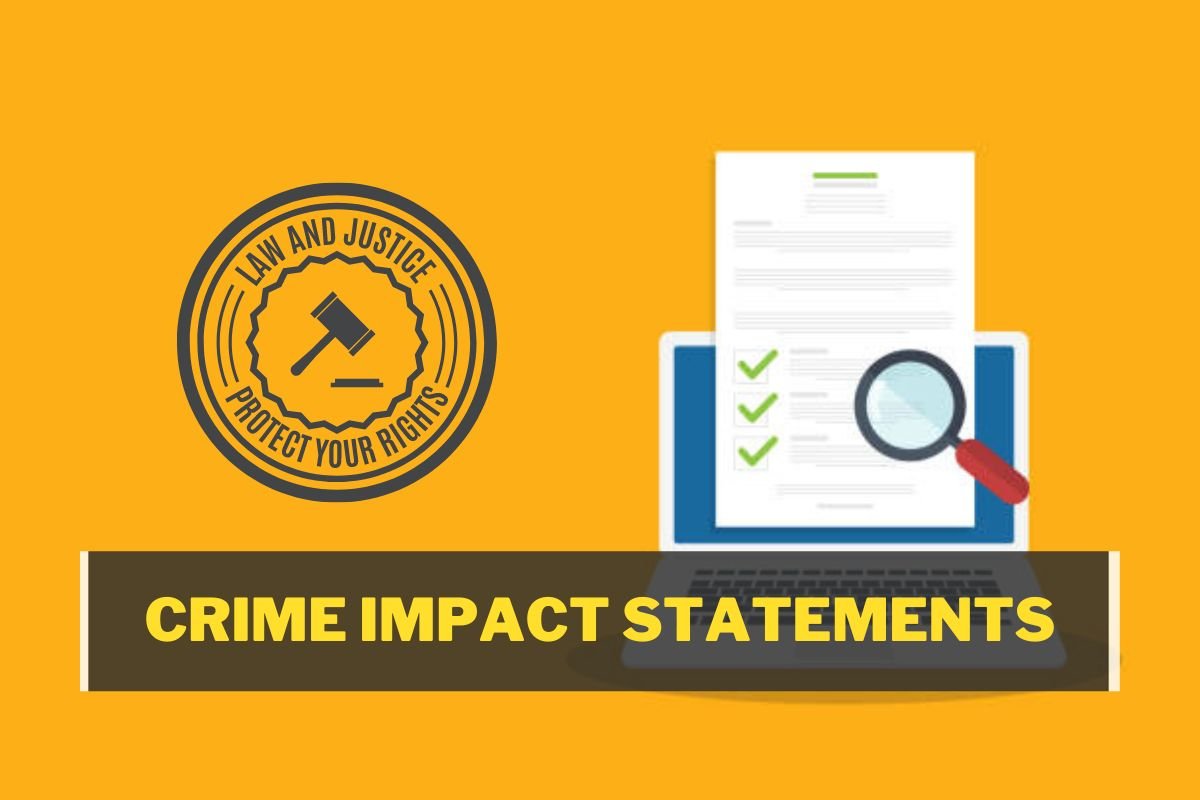In the ever-evolving landscape of employment and job markets, businesses constantly seek ways to streamline their recruitment processes and secure the most qualified talent. This is where Recruitment Agency Services come into play. In this article, we’ll delve into the world of Recruitment Agencies, exploring their benefits, the services they offer, and how to make the most of their expertise.
The Role of Recruitment Agencies in Today’s Job Market
The modern job market is a complex and competitive landscape where employers are continually striving to find the perfect fit for their organizations. On the other side of the spectrum, job seekers are also seeking the best opportunities that align with their skills and career aspirations. This is where Recruitment Agencies step in to bridge the gap and facilitate a harmonious match between employers and job seekers.
Understanding the Basics: What Are Recruitment Agencies?
Recruitment Agencies, often referred to as staffing agencies, employment agencies, or placement agencies, are firms that specialize in connecting job seekers with employers. They play a pivotal role in streamlining the hiring process, making it easier for companies to find the right candidates and for job seekers to discover suitable employment opportunities.
The Services Offered by Recruitment Agencies
Recruitment agencies offer a wide range of services designed to cater to the diverse needs of both employers and job seekers. Below are some of the core services provided by these agencies:
1. Talent Sourcing and Screening
Recruitment agencies excel in identifying, sourcing, and screening candidates. They maintain extensive databases of potential candidates, which they can leverage to find the most qualified individuals for specific job roles. This saves employers valuable time and resources that would otherwise be spent on searching for candidates themselves.
2. Job Posting and Advertising
For employers looking to attract a broad pool of talent, recruitment agencies assist in creating compelling job descriptions and advertisements. They use their marketing expertise to ensure job postings reach a wide audience through various online and offline channels, maximizing the chances of finding the right candidates.
3. Interview and Assessment Support
Once potential candidates are identified, recruitment agencies often take on the responsibility of conducting preliminary interviews and assessments. This ensures that only the most suitable candidates proceed to the next stages of the hiring process. Employers can then focus their attention on the final selection and evaluation stages.
4. Temporary and Permanent Placements
Recruitment agencies offer both temporary and permanent placement services. Temporary placements are ideal for short-term projects, seasonal work, or to cover employee absences, while permanent placements are for those long-term, core team members. Having the flexibility to choose between these options allows employers to address various staffing needs.
5. Industry Expertise
Many recruitment agencies specialize in specific industries, such as IT, healthcare, finance, or engineering. This specialization means they have a deep understanding of the industry’s unique requirements and can identify candidates with the precise skills and experience needed.
6. Salary Negotiation and Contract Management
Recruitment agencies often handle salary negotiations, helping both employers and job seekers arrive at a fair and mutually beneficial agreement. They can also assist with contract management, ensuring that all parties are in compliance with employment laws and regulations.
7. Follow-Up and Feedback
A good recruitment agency doesn’t stop their service once a candidate is hired. They often provide follow-up support to ensure that the new employee is settling in well and meeting the expectations of the employer. This ongoing relationship management can help prevent turnover and maintain a positive work environment.
The Benefits of Using Recruitment Agency Services
The utilization of recruitment agency services brings forth several advantages, both for employers and job seekers:
1. Time Efficiency
One of the primary benefits of working with recruitment agencies is the time saved in the hiring process. These agencies handle the time-consuming tasks of sourcing, screening, and interviewing candidates, allowing employers to focus on their core business operations.
2. Access to a Vast Talent Pool
Recruitment agencies maintain extensive databases of candidates with various skills, experiences, and backgrounds. This means employers have access to a broader pool of potential candidates than they might find through traditional job postings.
3. Specialized Expertise
Recruitment agencies often specialize in specific industries or job categories, giving them in-depth knowledge of what employers and job seekers are looking for. This expertise helps in making precise matches between candidates and job opportunities.
4. Improved Quality of Hire
The screening and assessment processes conducted by recruitment agencies lead to a higher quality of hire. Employers receive candidates who have been thoroughly vetted, reducing the risk of making a poor hiring decision.
5. Confidentiality
For businesses with sensitive hiring needs or for job seekers looking to explore new opportunities discreetly, recruitment agencies offer a level of confidentiality that direct job applications cannot provide.
6. Cost Savings
Although there are fees associated with recruitment agencies, the overall cost savings often outweigh the expenses. This is because the agency handles much of the recruitment process, reducing the need for in-house HR departments or costly advertising campaigns.
7. Networking and Market Insight
Recruitment agencies have a broad network of industry contacts and can provide valuable market insights. Employers can tap into this network to gain a competitive advantage, while job seekers can benefit from an insider’s perspective on the job market.
Making the Most of Recruitment Agency Services
To fully reap the benefits of recruitment agency services, both employers and job seekers should consider the following tips:
For Employers
Clearly Define Your Needs: Before engaging a recruitment agency, have a clear understanding of the skills, qualifications, and attributes you are looking for in a candidate.
Open Communication: Maintain open and transparent communication with the agency. Provide them with as much information as possible about your company culture, values, and the specific requirements of the job.
Feedback Loop: Give feedback to the agency about the candidates they present. This helps them refine their search and provide you with more suitable candidates.
Build a Relationship: Develop a long-term relationship with the agency. They will understand your business better over time and will be able to source candidates who are an even better fit.
For Job Seekers
Be Clear About Your Goals: Communicate your career goals, skills, and aspirations to the agency. The more information they have, the better they can match you with the right job opportunities.
Prepare for Interviews: Take the agency’s interviews seriously. They play a crucial role in the hiring process, so be well-prepared and present your best self.
Stay in Touch: Stay in regular contact with the agency, providing updates on your job search and any changes in your availability or preferences.
Leverage Their Market Knowledge: Ask the agency for insights into the job market, including salary trends and the demand for certain skills. This information can help you make informed career decisions.
Conclusion Recruitment Agency Services play a vital role in the modern job market, serving as a bridge between employers and job seekers. Their services streamline the hiring process, saving time and resources for businesses while offering job seekers a wide array of opportunities. By understanding the services offered and making the most of their expertise, employers and job seekers can harness the full potential of recruitment agencies, ultimately finding their ideal candidate or dream job.



